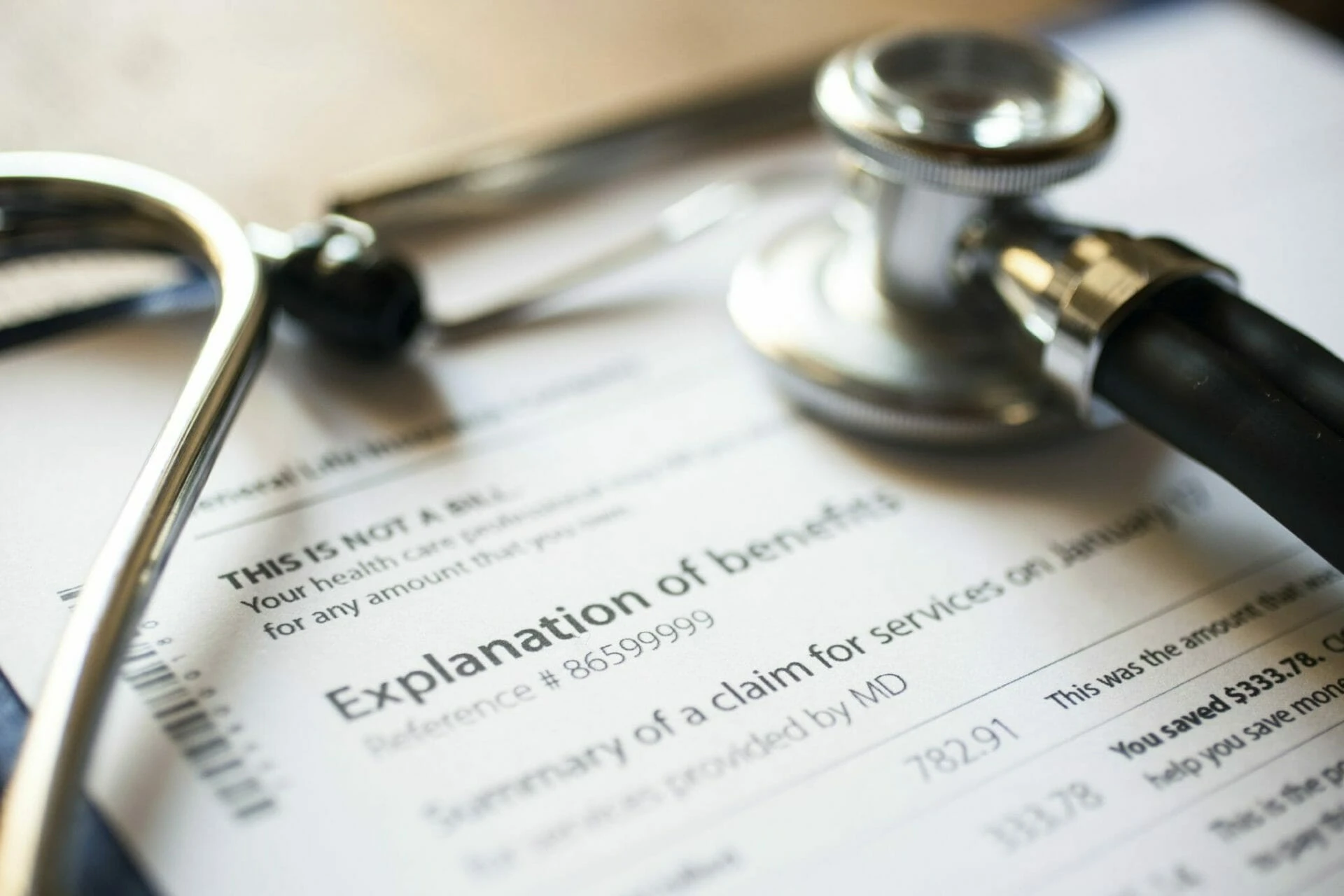Many people have health insurance but ask if they should use that health insurance after they were injured in an accident. The answer is always yes, you should use your health insurance to pay for your medical treatment. That is what it is there for, after all.

However, you may be required to reimburse your health insurance after your personal injury case has resolved depending on your specific situation. There are numerous types of health insurance so we’ll cover just a few here.
Medicare versus your personal injury case
First, Medicare will always get paid back what it pays for your accident related health care. However, Medicare always applies a steep discount to your doctor bill and typically only pays 10-15{48c504d5a5f0724c566492c27f2412e3d97a5dbd1d2791ef7ccf262d1d58a622} of the bill.
The federal rules allow for the health care provider to hold off on billing Medicare for several months to see if the car insurance will take care of the bill but eventually, it is not a bad idea to use Medicare to fund your treatment as long as you recognize that those payments will be reimbursed.
Medicaid versus your personal injury case
Second, Medicaid is administered by the Commonwealth of Virginia but they are also entitled to be reimbursed up to the legal liability of the defendant. So if policy limits become an issue, then the reimbursement permitted by Medicaid might get cut as well. Overall, though, Medicaid will always get paid back at least to some degree.
Self-funded ERISA plans versus your personal injury case
Third, health insurance provided by your work where the general assets of your employer go to pay the medical benefits. Those self-funded insurance arrangements usually use notable insurance companies to administer the plan itself but the insurance company is not responsible to pay for the actual medical claim. Those plans are typically entitled to reimbursement under the Employee Retirement Income Security Act.
Workers comp insurance versus your personal injury case
Fourth, workers compensation insurance if you were working at the time of your injury. All workers comp claims create a lien for reimbursement less a pro rata portion of attorneys fees. There is a statutory formula that a qualified personal injury lawyer can help you apply to your particular case.
Insured ERISA plans versus your personal injury case
Fifth, employer-provided health insurance plans where the insurance company pays the claims and the employer only pays a portion of your premium. These plans are not entitled to reimbursement in Virginia.
Marketplace insurance versus your personal injury case
And sixth, health insurance purchased on the marketplace. These health insurance plans are not entitled to reimbursement in Virginia.
You should use whatever means you have available to you in order to receive the treatment you need to get better. Let your lawyer work out any reimbursements on the back end when your case resolves.







